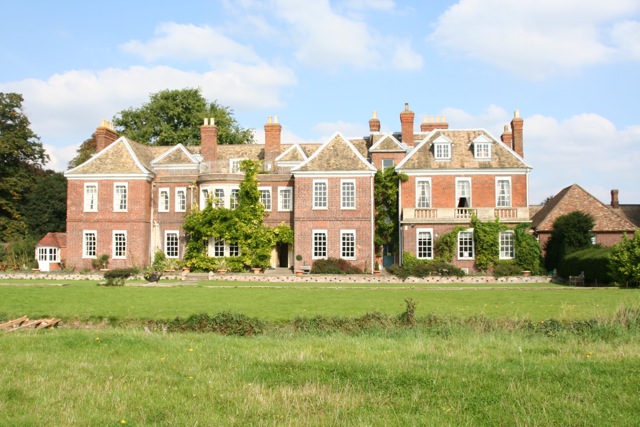|
Frank Engledow
Sir Frank Leonard Engledow (20 August 1890 – 3 July 1985) was a British agricultural botanist who carried out research at the Plant Breeding Institute at the University of Cambridge from 1919 onwards. He was a fellow of St John's College, Cambridge, St John's College (1919–1985), Cambridge, and held the positions of University Lecturer in Agriculture (1926–1930) and Drapers Professor of Agriculture (1930–1957) at Cambridge, where he directed the Drapers Professor of Agriculture, School of Agriculture from 1930 to 1957. Engledow advised the British government on agricultural production in the (former) colonies as well as in the homeland from 1927 to 1962. He continued to publish on agricultural practices and teaching after his retirement. Education Engledow was born in Deptford, Kent, the fifth and youngest child of Henry Engledow, a police sergeant and, after his retirement, agent of Bexleyheath Brewery and Elizabeth Prentice. Frank was educated at Dartford Grammar Schoo ... [...More Info...] [...Related Items...] OR: [Wikipedia] [Google] [Baidu] |
Plant Breeding Institute
The Plant Breeding Institute was an agricultural research organisation in Cambridge in the United Kingdom between 1912 and 1987. Founding The institute was established in 1912 as part of the School of Agriculture at the University of Cambridge. Rowland Biffen was the first director, and was close with William Bateson who was leading studies of heredity in Cambridge following the rediscovery of the pioneering genetic research of Gregor Mendel in 1900. Biffen began studying cereal breeding in the early 1900s with the aim of producing improved varieties for farmers and millers, and also to test whether Mendel's laws applied to wheat. He demonstrated that resistance to yellow rust was a dominant trait and this culminated in 1910 in the release of the rust-resistant variety Little Joss, which was widely grown for decades and used as a parent for many other varieties. The institute's site was to the west of Cambridge, and it shared land with the School of Agriculture that is today the ... [...More Info...] [...Related Items...] OR: [Wikipedia] [Google] [Baidu] |

